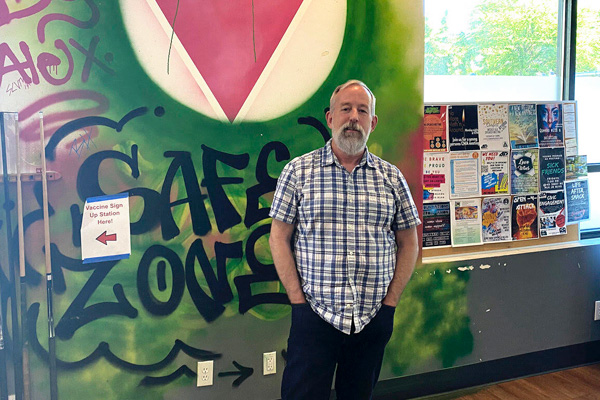LISTEN – REALITY –
June 18, 2021 – The measure, a major victory for advocates pushing for systemic change in U.S. drug policy, expands funding and access to addiction treatment services using tax revenue from the state’s pot industry as well as from expected savings from a reduction in arrests and incarceration.
For years Oregon has ranked near the top of states with the highest rates of drug and alcohol addiction and near the very bottom nationally in access to recovery services. And while critics everywhere have long called the drug war a racist, inhumane fiasco that fails to deliver justice or health, Oregon is the first to take a leap toward radically changing those systems. “What we’ve been doing for the last number of decades has completely failed,” says Mike Schmidt, district attorney for Oregon’s most populated county, Multnomah, which includes Portland. Schmidt, who publicly supported Measure 110, says he firmly believes the health model — not criminalization — is the best way to battle the disease substance use disorder.
“Criminalization keeps people in the shadows. It keeps people from seeking out help, from telling their doctors, from telling their family members that they have a problem,” Schmidt says.



